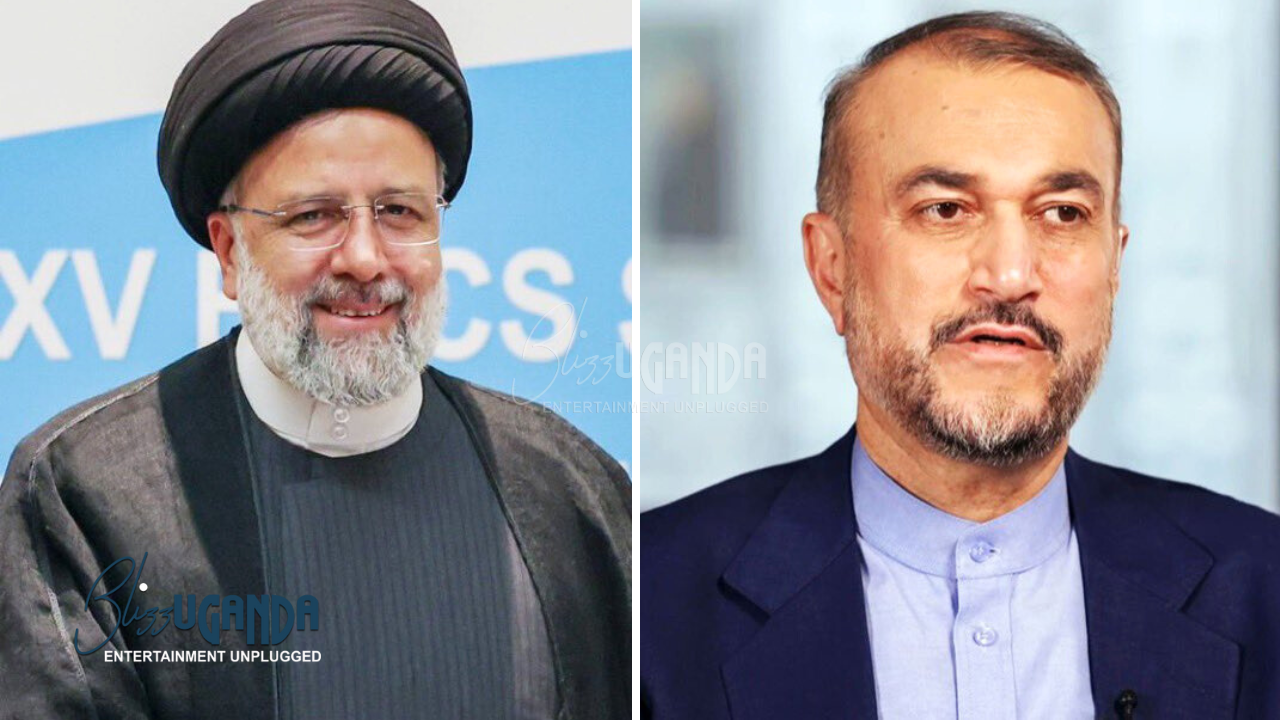
The crash, which Iranian state media attributed to a "technical failure," occurred on Sunday as the officials were returning from inaugurating a dam project near the Azerbaijan border. The helicopter went down in a mountainous area close to the city of Jolfa. After hours of searching through dense forest and difficult weather conditions, rescue teams found the wreckage, confirming there were no survivors.
The sudden loss of Raisi, 63, and Abdollahian has shocked the nation. However, analysts and regional officials predict that Iran's foreign and domestic policies will remain largely unchanged despite the leadership upheaval.
Supreme Leader Ayatollah Ali Khamenei swiftly sought to maintain stability, declaring that there would be "no disruption" to government functions. He announced that First Vice President Mohammad Mokhber will act as president until new elections are organized within 50 days.
A public funeral for the late president and foreign minister is scheduled in Tabriz on Tuesday morning, followed by an official ceremony in Tehran, as confirmed by Interior Minister Ahmad Vahidi.
Raisi, known for his conservative stance and suppression of dissent, was seen as a potential successor to Khamenei. His death comes at a particularly volatile time, with Iran recently skirting open conflict with Israel and the United States.
Last month, the shadow war with Israel escalated into direct strikes, highlighting the ongoing regional tensions. Moreover, concerns about Iran's nuclear ambitions persist, with the country having produced nuclear fuel close to weapons-grade level.
Body of Iran’s President Raisi, dubbed the ‘Butcher of Tehran’ seen wrapped in a blanket as it is recovered from the scene of the helicopter crash.
— Oli London (@OliLondonTV) May 20, 2024
Ebrahim Raisi oversaw the executions of thousands of civilians during his political career. pic.twitter.com/jjQVpfmGbn